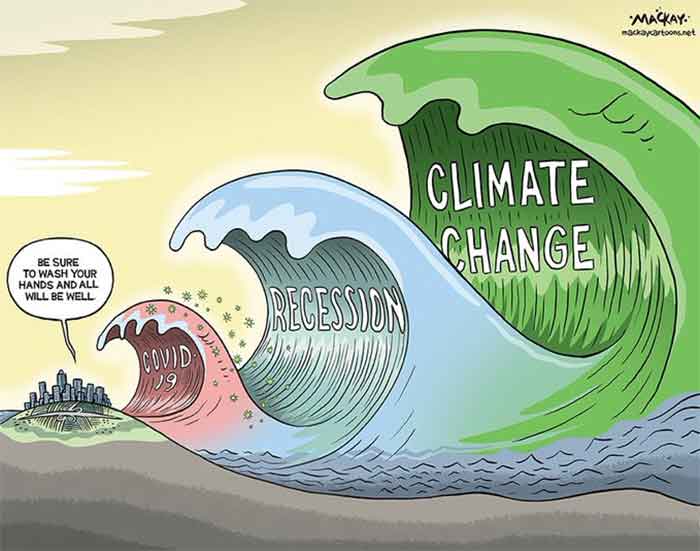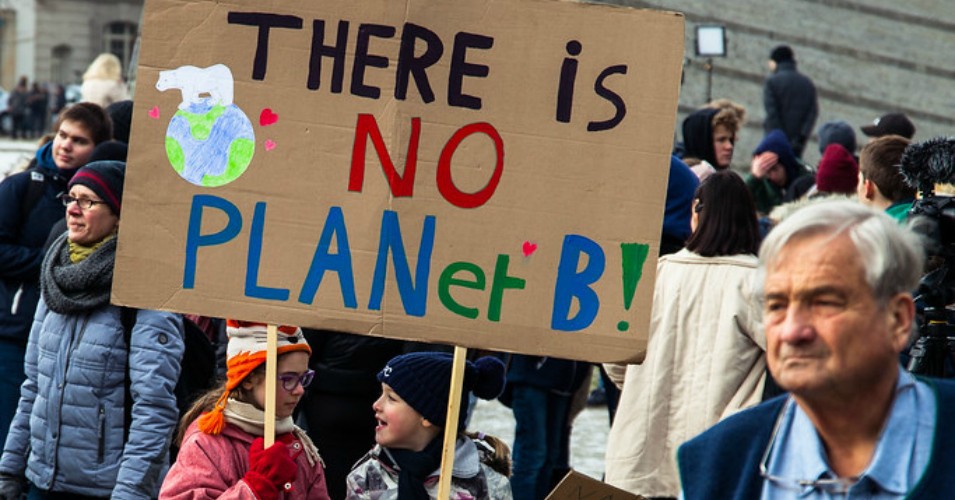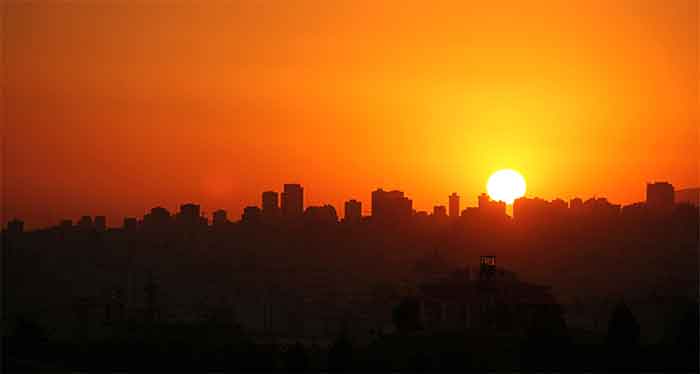
In a very insightful essay published a couple of weeks before Canada’s election call, Senator Rosa Galvez called for a seachange from neoliberal government to building government back better to handle the recovery from Covid and to mitigate climate change:
“We need democracy back—stronger, wiser, and more open to new ideas—with all its checks and balances restored. Governments must reassert their authority to regulate for the collective well-being, refresh the understanding of their responsibilities towards society, considerably improve transparency and access to information on public spending, and take immediate actions to simultaneously address those crises as citizens have so often expressed during the pandemic.”
This climate activist forwarded the link to her essay widely because I have long thought that the all important first step past pretend climate mitigation to real, effective mitigation was a reversal of neoliberalism’s neutering of government.
As the Guardian columnist George Monbiot noted many years ago:
“Humankind’s greatest crisis coincides with the rise of an ideology that makes it impossible to address. By the late 1980s, when it became clear that man-made climate change endangered the living planet and its people, the world was in the grip of an extreme political doctrine whose tenets forbid the kind of intervention required to arrest it.”
Foremost climate activist Bill McKibben expressed our governance predicament this way:
“(L)ooking back at the history, that it’s not really a failure of human beings and human nature that’s the problem here. It’s a hijacking of our political and economic system by the fossil fuel industry and a small number of like-minded people. It was our bad luck that this idea that markets solve all problems and that government should be left to wither away crested just at the moment when it could do the most damage.”
Climate is now clearly an emergency and we need government to lead in what now requires a massive systemic change in an almost impossibly short timeline. If we want humanity to survive and prosper. But our governments are still held impotent in the golden straitjacket.
Neoliberalism was a reasonable pendulum swing from the ‘Big Government’ that dominated the 50s and 60s which had engendered an economic stagflation; freer, global, markets did greatly expand wealth creation and the (grossly unfair) trickle down did help billions of people out of poverty and did lead to a much more co-operative global economic environment. But at a terrible cost.
Gaya Herrington is a Dutch sustainability researcher. Recently she updated data into the Limits to Growth model from the early 70s and wrote a report (pdf) published in the Yale Journal of Industrial Ecology that details how closely we are tracking the scenarios that lead to the end of economic growth and civilization collapse.
“From a research perspective, I felt a data check of a decades-old model against empirical observations would be an interesting exercise….The MIT scientists said we needed to act now to achieve a smooth transition and avoid costs,” Herrington told the Guardian. “That didn’t happen, so we’re seeing the impact of climate change.”
In fact the neoliberal takeover of governments globally occurred just as scientists and activists were waking up to the serious potential for environmental degradation caused by an exponentially increasing human population armed with ever better technology. Humans needed to mature and build strong ethical and governmental restrictions on harmful human behaviour if we were to have a prosperous, limitless future. We went the other way.
With regulators captured or reduced to ineffectual, our economies grew like Topsy, but our forests were fragmented, our fisheries fished out; chemicals like insecticides and plastics infiltrated every ecosystem on the planet causing irreparable damage and frightening biodiversity loss; the mass production/mass consumption Ford-model colonized the world bringing cars and factory farms and mass entertainment, etc. As big business reshaped the world for profit, business ideologues ignored or denigrated the need for self-discipline and governments duty to protect its citizens by regulating for collective well being. It’s the economy, stupid.
And just as these neolib governments, afraid of hurting GDP, dithered and wasted precious time when Covid hit, and then often re-opened their economies way too soon, so too have they dithered criminally on biodiversity loss and needed climate mitigation – threatening the very economies they value so much.
In another seminal recent essay on our failure to act on climate, Alice Loyd postulates that
“(t)ypical members of the leading nations of our day have not been trained to be broadly compassionate. Rather, by upbringing and by rewards in adulthood, people have been taught to limit their caring capacities. That means the advocates of climate action have been pushing not only against misinformation and the muscle of a fossil-fuel economy. We have been asking a populace and its leaders to care about something they are not equipped to care about…..Without strong democratic structures to grant representation to the views of less aggressive, more communally-minded members, far-sighted policies are not likely to be enacted.”
We don’t have effective climate action (even though action is desperately needed) because both the electorate and political leaders have had that capacity to care and act in broader than individual ways removed in the interests of more profitable biz. The subjection of government to business has eroded our ability to govern effectively.
Has Covid ended the neoliberal era? Yes and no. Nobody now questions that we need governments with the power to protect citizens from the suite of problems that now threaten civilization like pandemics and the now unequivocal danger of catastrophic climate change. But as journalist Linda McQuaig has recently pointed out there still exists
“a highly organized group of cunning and ruthless corporate barons with the biggest war-chest of all time and legions of political and business lackies working tirelessly on their behalf. This problem of overwhelming corporate power—and its effective veto over key areas of public policy—isn’t confined to the fossil fuel industry, but the stakes there are particularly high. Curbing the power of corporations and those who own them—so we can have a future—should be our top priority.”
We need to elect governments to build back better not only after Covid but to act effectively on climate, but our political leaders don’t really care (or just pretend to care). They remain neoliberals owned by corporations and business elites. The climate policy platforms of the two parties who will most likely form government are dominated by promises of tens of billions of dollars for fossil fuel producers for delayer illusions like carbon capture and storage and blue hydrogen. Climate change is an emergency requiring deep systemic change but that is anathema to the evil bastards that have stymied needed mitigation and still control our politics.
Neoliberals still control most of Canada’s media and continue to misinform Canadians about what government is for and what government must do today to protect Canada and Canadians from Covid and climate and, more broadly, the potentially fatal consequences of not regulating our actions to safeguard our ability to grow into a prosperous future.
If Canadians are to survive and prosper, if we are going to act as responsible citizens and keep fossil fuels in the ground to protect our kids and their kids future, we need government freed from the myopic self-interest of neoliberalism.
Bill Henderson writes on climate change












































